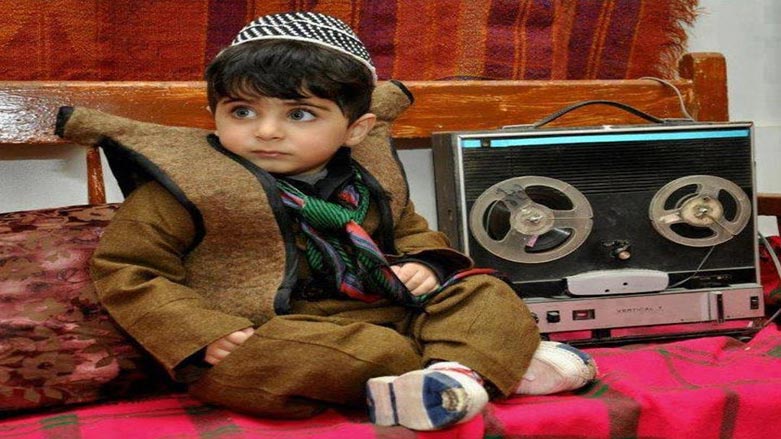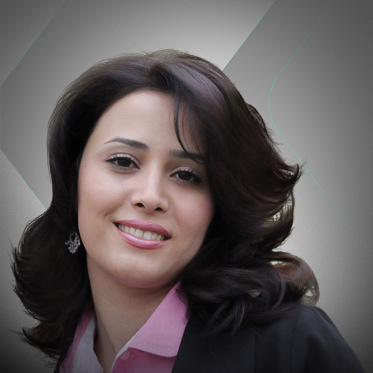Mother Language Day and 'conspiracy' in Iran

“If you talk to a man in a language he understands, that goes to his head. If you talk to him in his language that goes to his heart.” - Nelson Mandela
LOS ANGELES, United States (K24) – In the wake of International Mother Language Day on Feb. 21, an annual celebration of linguistic rights, Iran remains among the countries that continue their explicitly oppressive language policies.
The right to learn in mother tongue “smells like conspiracy,” announced the members of the Farsi language and literature cultural centre. For these “intellectuals” this right leads to “separatist” outlooks and is a danger to territorial integrity.
Not only does the Iranian regime outright deny the tyrannical measures it has applied against the linguistic minorities, but they also claim, “We hope Kurds in other countries will enjoy full citizenship rights as Kurds in Iran do,” a diplomat told Harriet Daily News.
DISCRIMINATORY JUSTICE SYSTEM
The one state, one language policy in Iran relentlessly impacts the vulnerable population.
Among the most unforgettable victims of the inhuman linguistic policies was Shirin Alam Hooli: a politically active rural woman sentenced to death in a language she could not speak. “You interrogated me, tried me, and sentenced me in your own language, even though I couldn’t understand it and couldn’t defend myself,” she wrote from prison before she was hanged in May 2010 for Moharebeh, “enmity against God.”
Non-Persian prisoners are not allowed to speak to their visitors in any language but Farsi. The parents of the inmates who have limited skills in the official language suffer gravely from this injustice. The spouse and children of the detainees who do speak the official language have to converse in a language that is not theirs and is unnatural.
LINGUISTIC EXCLUSION
By recognizing only one official language, Iran annihilates linguistic diversity. In doing so, it damages the overall wellbeing of the non-Persian students and guarantees unequal access to education.
Approximately, 50 percent of grade one students in Iran have to learn how to read and write in a language that is not their mother language. The language they have been raised with, the language of family, affection, and safety loses its value as soon as students encounter the monolithic educational system.
Hence, from age seven, children start to comprehend, on a profound yet unconscious level, that their mother tongue is not the language of knowledge and education, not of progress and prosperity and, in one word, not part of the “high culture.”
The alienation from parents and grandparents, from one’s roots, identity, history, and literature starts from age seven, if not earlier, only to escalate with each year that passes by.
CULTURAL VACUUM
Iran delegitimizes linguistic minorities through persistent ignoring or mocking of their language. The mainstream media only presents one language and culture, and random appearances of anyone with an accent is subject to derision in the state-run TV and other media outlets.
On one hand, the mainstream culture is a mirror where Kurds, Baluch, Lor, Gilak, Turkmen, Arab, Azeri and others do not see their reflections in. On the other hand, linguistic minorities under the oppressive policies are unable to define their distinct past or future and are not capable of reading and writing in their native language. Inevitably, they buy into the “superiority” of the official language which reduces linguistic minorities to nonpersons with no significance.
Unable to define themselves in their native culture due to illiteracy, and viscerally experiencing the imposed inferiority of what they belong to, the linguistic minorities are left in a cultural vacuum and thus turn into vulnerable prey for the overriding culture that beguiles them to wipe out diversity.
DISINGENUOUS POLICY MODIFICATIONS
Ethnic Rights activists in Rojhalat (Iranian Kurdistan) were finally able to convince Iranian President, Hassan Rouhani, to remove the ban on teaching Kurdish language and literature in one of the universities. That minor reform, despite its apparent lure, is not to value Kurdish heritage but to further tame citizens through false promises.
A genuine attempt at stopping oppressive linguistic policies would mean allowing children to learn in their mother language along with the official language at the same time, and from an early age.
Linguicide causes enormous immediate and long-term cognitive, academic, and cultural harms. When mother language is banned and dismissed, slavery and inferiority is communicated to children. At the same time, mastery is communicated to the dominant, a superiority they would not want to give up on later in life. On the journey to reach democracy, Iranians need to put national chauvinism aside and study the advantages of language diversity in strengthening communities and treasuring human legacies.
Writing by Ava Homa
Editing by Karzan Sulaivany
